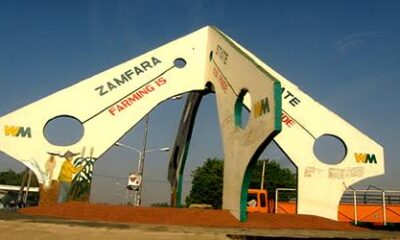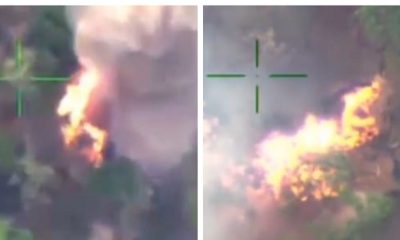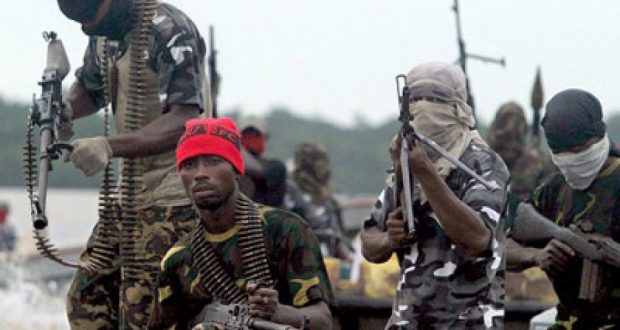News
Niger Delta Amnesty Programme: We Have Injected Another N35Billion, Says Osinbajo
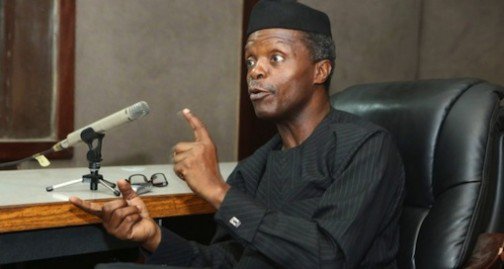
summit of the National Council of Niger Delta (NCND) held in Akure, Ondo State on Tuesday.
country at large soliciting for the co-operation of all stakeholders in the
region.
the exercise would be extended to all parts of the Niger Delta region.
to ensuring peace in all parts of the country.
“We have started with the clean up of Ogoni land and we will continue with the exercise which is still on going. We will ensure clean up of all polluted areas. What we are doing in the area is called hydro carbon clean up and this will not be limited to Ogoni land,” he
stated.
Osinbajo also said that the present administration had set up various inter-ministerial committees on the development of the Niger Delta region, saying that the Maritime University, Delta State which was established by the federal government will kick off next month.
According to him, the federal government committed the sum of #2
billion to the establishment of the university, which he said would focus on maritime training.
paramount to the government.
His words, “issues of gross infrastructural deficit, security challenges and the general absence of social amenities expected in a modern
society remain intractable. This region presents a cruel paradox; the
entire country depends on it almost entirely for sustenance. It, however, lacks evidence of development depicting its status as the proverbial goose that lays the golden egg.
“We must seize the opportunity offered by this special meeting to ruminate on the methods adopted whose impact have been insignificant in bridging the infrastructural gap. It is also incumbent on us to set our priorities right. Embarking on any white elephant projects cannot be in their interest.
“Consequently, it would appear reasonable that all those saddled with
the responsibility of alleviating the suffering of those citizens residing in this region should have priorities reflective of the dire needs of the region. No doubt, our efforts to fast-track development and peace will depend on how well we are able to interpret existing
outcomes against the expectations of our people.
“We are not oblivious of the long history of development intervention
in the oil producing areas. We are equally aware of the commendable
efforts made by past administrations to transform the physical and economic landscape of the region. These engagements have yielded positive results, even if marginal. We must, however, not fail to mention the glaring facts of grinding and relentless poverty which has been the lot of the region. This is deplorable.
“However, moving beyond the rhetoric of capacity building and development intervention, we owe it a duty to evolve a sustainable means of genuinely empowering the youth of the region through job creation and inclusion in decision-making processes. We must cater for the aged and other vulnerable groups and engender opportunity for
wealth creation and redistribution through private sector driven investments. We must provide potable water and electricity for our
people, provide them access to quality healthcare, safeguard their
environment, and give them a sense of belonging in matters concerning
them.
-

 News4 days ago
News4 days agoRamadan, Lent: Shettima Calls For National Unity And Compassion
-
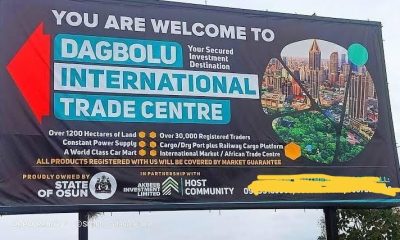
 Opinion4 days ago
Opinion4 days agoReinventing Osun’s Economy Through Dagbolu Intl. Trade Centre: From Quiet Market Lessons To Regional Trade Revolution By Adeboye Adebayo
-
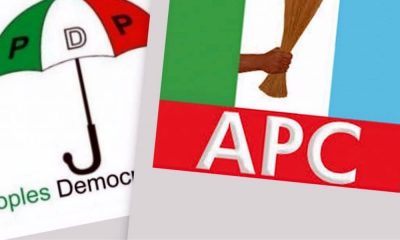
 News4 days ago
News4 days ago‘Wike Factor’: Another PDP Chairmanship Candidate Steps Down For APC In FCT
-

 News2 days ago
News2 days agoInsecurity: Kogi Schools Resume On Monday




